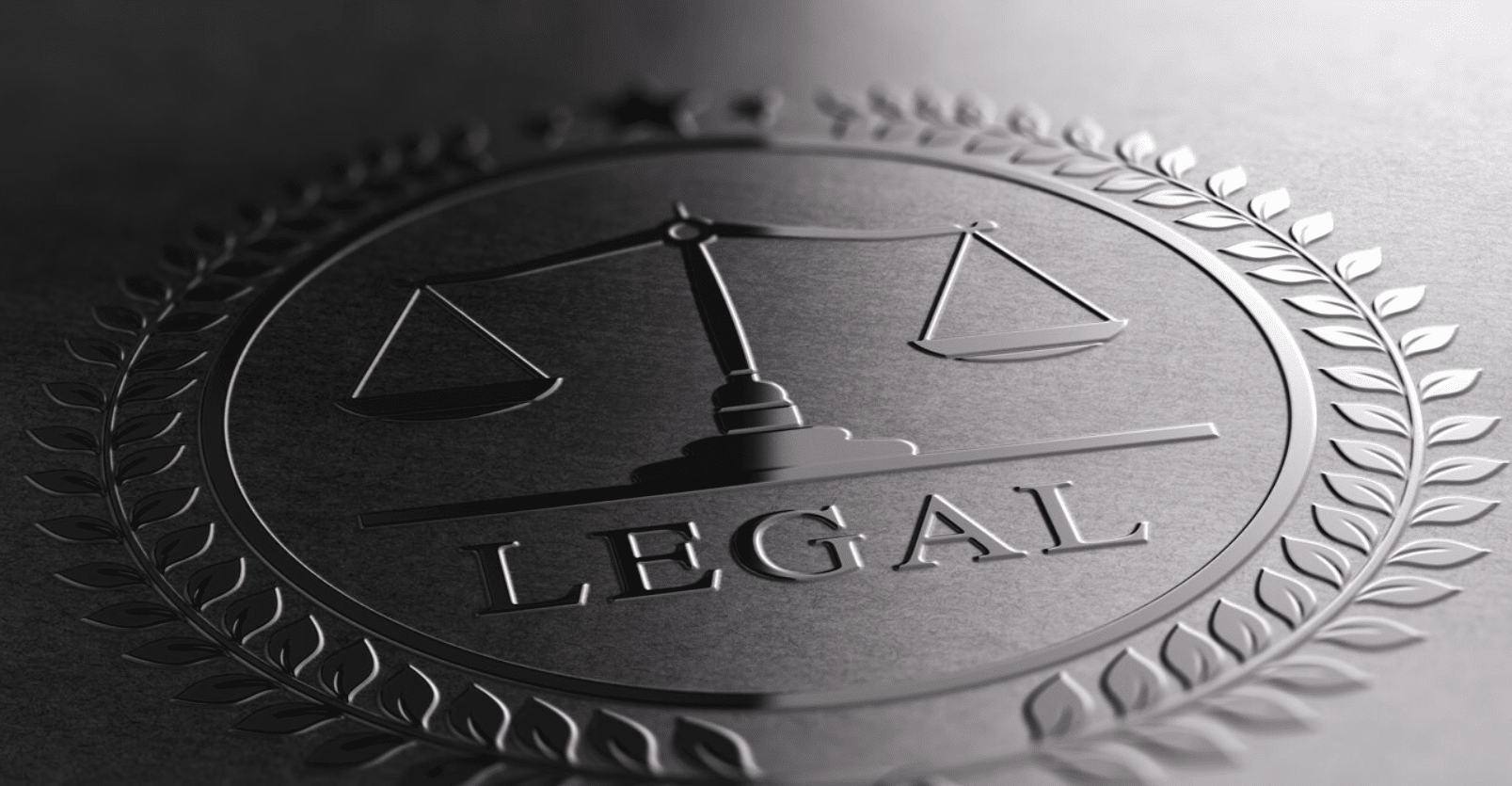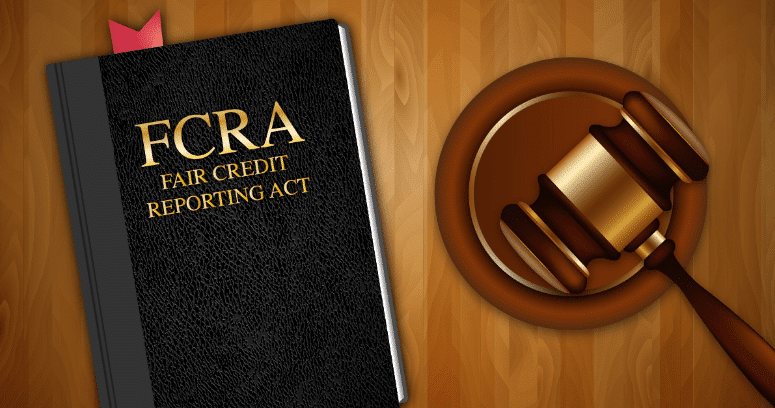Struggling to collect payment from someone who owes you? Filing a lawsuit might be simpler than you imagine. Discover the straightforward process of filing in small claims court in Iowa and take the first step toward resolving your situation. Have a look at ZumaZip
There are times in life when you may need to seek help from the court to collect payment from someone. Known as small claims court, this is a simple legal process that serves to resolve civil disputes.
As its name implies, only small claims apply. If you’re trying to collect a money judgment that equals $6,500 or less, a small claims court is likely your best option. This could be for collecting unpaid rent from a tenant, for example.
If you live in Iowa and require the services of a small claims court, Iowa has specific instructions for starting a small claims case. It’s important that you understand these instructions so that you can begin the process properly and defend yourself accordingly.
File Electronically to Begin Your Case in Small Claims Court
To initiate your case in small claims court, you’ll follow a different process compared to other court matters, as there’s no jury involved. Instead, a judge makes the final decision on the outcome of the case. Here’s what you need to know:
If you’re seeking a money judgment, you’ll start by filing an Original Notice form, which is free to fill out. However, there’s a $95 fee for filing the form, and you may also need to pay a fee to serve the petition to the individual you’re seeking payment from.
Once you’ve completed the required form and paid all applicable fees, your case officially commences. It’s essential to file electronically, as Iowa doesn’t allow paper filing unless explicitly permitted by the small claims court. Failure to comply may necessitate refiling your case.
By following these steps and adhering to electronic filing requirements, you’ll ensure your case is properly initiated in small claims court, setting the stage for a fair and efficient resolution.
Make the right defense the right way with ZumaZip.
Your Representation Is Important in Small Claims Court
Your presence and representation carry significant weight in small claims court proceedings. Once the other party responds promptly, the court clerk will schedule your hearing before a judge. Typically, a judicial magistrate presides over small claims cases, although any judge may handle them.
It’s crucial to know what to anticipate at your hearing and to come prepared. While small claims court in Iowa is less formal than other court matters, maintaining a sense of professionalism is essential.
Let’s delve into some common practices of small claims court to give you an idea of what to expect. Despite the informal nature of these proceedings, remember that your representation remains paramount.
How to Represent Yourself in Small Claims Court in Iowa
Representing yourself in small claims court in Iowa requires careful preparation and adherence to court procedures. Here are some essential tips to help you navigate the process effectively:
- Arrive on Time: Punctuality is crucial. Being late or missing your court date could result in a default judgment against you. Arrive early to familiarize yourself with the court layout and ensure you’re ready when your case is called.
- Follow Court Rules: It’s essential to comply with all court rules without exception. Take the time to review Iowa’s Court Rules to understand proper court conduct and procedures.
- Dress Appropriately: Even though it’s a small claims case, maintain respect for the courtroom by dressing appropriately. Avoid overly casual clothing or accessories like baseball caps. Dress as you would for a formal occasion.
- Consider Legal Assistance: While representing yourself is an option, consulting with an attorney could be beneficial, especially for complex cases. An attorney can provide guidance and support to help you present your case effectively.
- Bring Documentation: Gather all relevant documents, such as receipts, photographs, and witness statements, to support your claim. The more evidence you have, the stronger your case will be.
By following these tips and adequately preparing for your small claims court appearance, you can increase your chances of presenting your case successfully and achieving a favorable outcome.
Respond to debt collection lawsuits in 15 minutes with ZumaZip.
Be Prepared in Case the Other Party Doesn’t Show
It’s essential to be prepared in case the other party fails to appear in small claims court in Iowa. Here’s what you need to know:
If the defendant doesn’t show up for the court date and your damages are clearly outlined, the clerk of court will issue a default judgment in your favor. However, if your damages are not clearly identified, the judge will determine whether to enter a default judgment.
On the flip side, if the defendant attends the hearing and you win, they have 60 days to file a motion to set aside the default judgment. This request can be made for various reasons, such as surprise, inadvertence, mistake, unavoidable casualty, or excusable neglect.
Being aware of these procedures ensures you’re prepared for any scenario, safeguarding your interests in the small claims court process.
You Can Appeal If You’re Unhappy with the Judgment
If you’re dissatisfied with the outcome of your small claims case, you have options to appeal the judgment. Here’s how:
- Immediate Appeal: You can inform the judge of your intention to appeal right after the conclusion of your hearing.
- Notice of Appeal: Alternatively, you can file a notice of appeal within 21 days of the judgment being issued.
Remember, within this timeframe, you’ll need to pay the required docket fee to the clerk of court. Also, it’s important to note that you won’t have the same judge for your appeal. If the original judgment was made by a judicial magistrate, a district court judge or associate will hear your appeal.
Appealing a small claims judgment provides an avenue for seeking a different outcome and ensuring your case receives a fair review.
What is ZumaZip?
ZumaZip simplifies the process of responding to a debt collection lawsuit.
Here’s how it works: ZumaZip guides you through each step via a user-friendly web application, asking all the essential questions needed to complete your answer. Once you’ve finished, you have the option to print the completed forms and mail them to the courts. Alternatively, you can choose to have ZumaZip file the documents for you, including an attorney review for added peace of mind. With ZumaZip, navigating the legal process becomes more accessible and less daunting.
What if I haven’t been sued yet?
If you’ve only received a collections notice, but not a lawsuit, the best way to respond is with a Debt Validation Letter. When a debt collector contacts you in any way, whether it’s by phone or mail, you can respond by formally requesting a debt validation with a Debt Validation Letter . This letter notifies the collector that you dispute the debt and forces them to provide proof you owe the debt. They can’t call you or continue collecting until they provide validation of the debt. This flowchart shows how you can use a Debt Validation Letter to win.
Get started with a Debt Validation Letter here.
How to Answer a Summons for debt collection in all 50 states
Here’s a list of guides on how to respond to a debt collection lawsuit in each state:
- Alabama
- Alaska
- Arizona
- Arkansas
- California
- Colorado
- Connecticut
- Delaware
- Florida
- Georgia
- Hawaii
- Idaho
- Illinois
- Indiana
- Iowa
- Kansas
- Kentucky
- Louisiana
- Maine
- Maryland
- Massachusetts
- Michigan
- Minnesota
- Mississippi
- Missouri
- Montana
- Nebraska
- Nevada
- New Hampshire
- New Jersey
- New Mexico
- New York
- North Carolina
- North Dakota
- Ohio
- Oklahoma
- Oregon
- Pennsylvania
- Rhode Island
- South Carolina
- South Dakota
- Tennessee
- Texas
- Utah
- Vermont; Vermont (Small Claims court)
- Virginia
- Washington
- West Virginia
- Wisconsin
- Wyoming



































